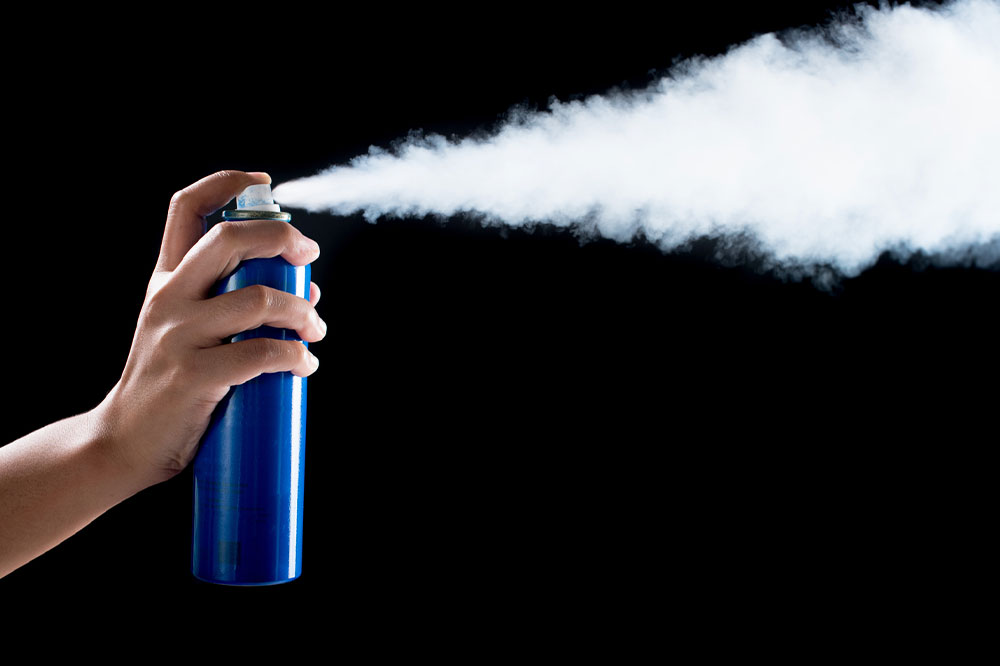Household products that may cause COPD and lung damage

One assumes that one’s home environment is safe. However, household products contain substances that, when inhaled over time, can harm the lungs and contribute to the development of Chronic Obstructive Pulmonary Disease (COPD). COPD is a progressive lung disease that includes conditions like chronic bronchitis and emphysema, and thus, it’s essential to be aware of potential lung irritants found in everyday household items. Read on about household products that may increase the risk of COPD.
Cleaning products
Aerosol sprays
Cleaning sprays often contain volatile organic compounds (VOCs) that can irritate the respiratory system. Aerosol sprays can disperse these chemicals into the air, increasing the risk of inhalation.
Bleach
The strong fumes released by bleach can irritate the airways and cause lung inflammation. Using bleach in a well-ventilated area and wearing a mask can mitigate some of the risks.
Ammonia
Ammonia-based cleaners can release harsh fumes that, when inhaled, may irritate the lungs and exacerbate respiratory conditions like asthma and COPD.
Air fresheners
Spray and plug-in air fresheners
These products release a mix of chemicals into the air to mask odors. Some contain VOCs and allergens that can irritate the respiratory tract when inhaled. Opting for natural air fresheners or improving indoor air quality through ventilation is a safer choice.







